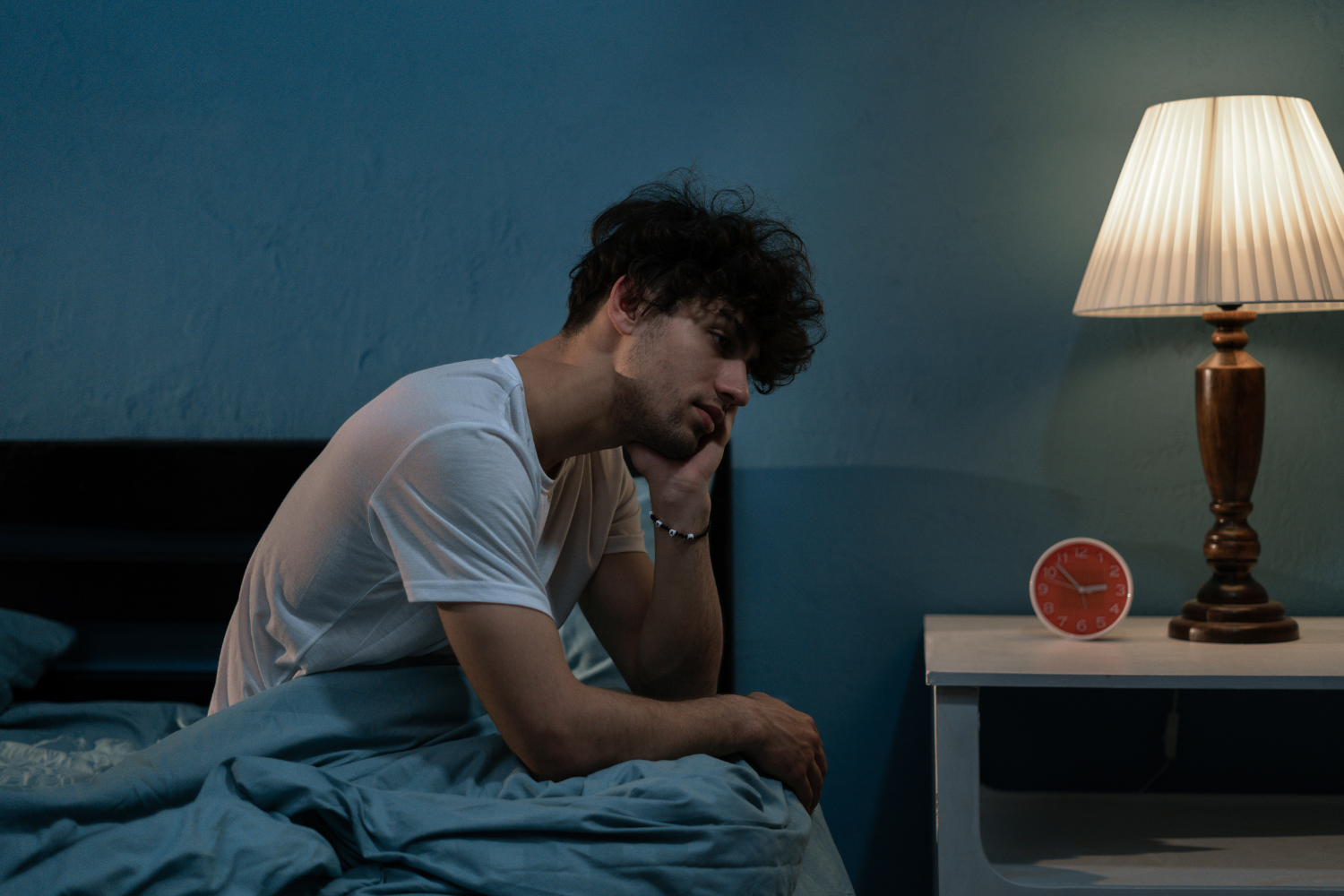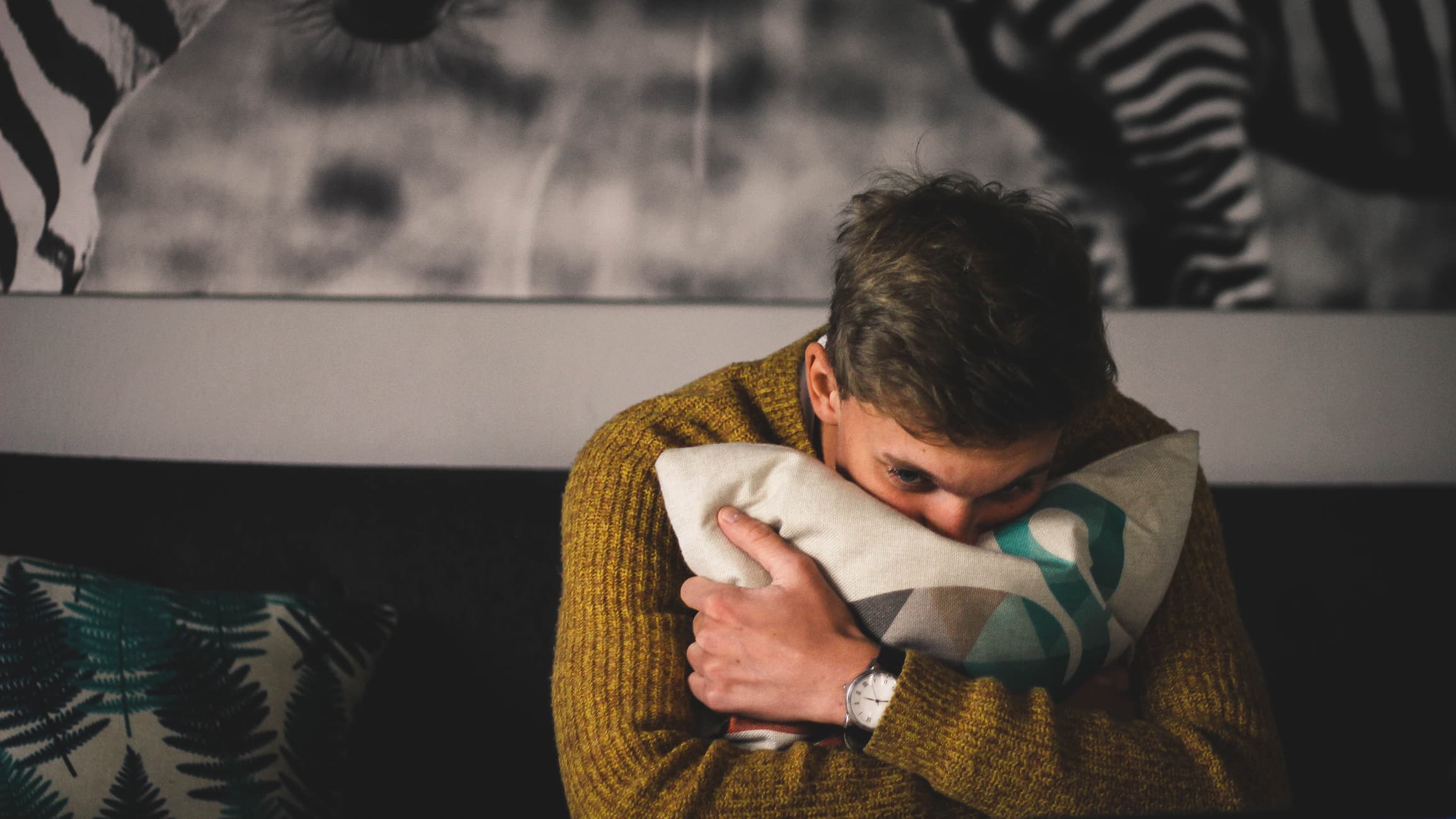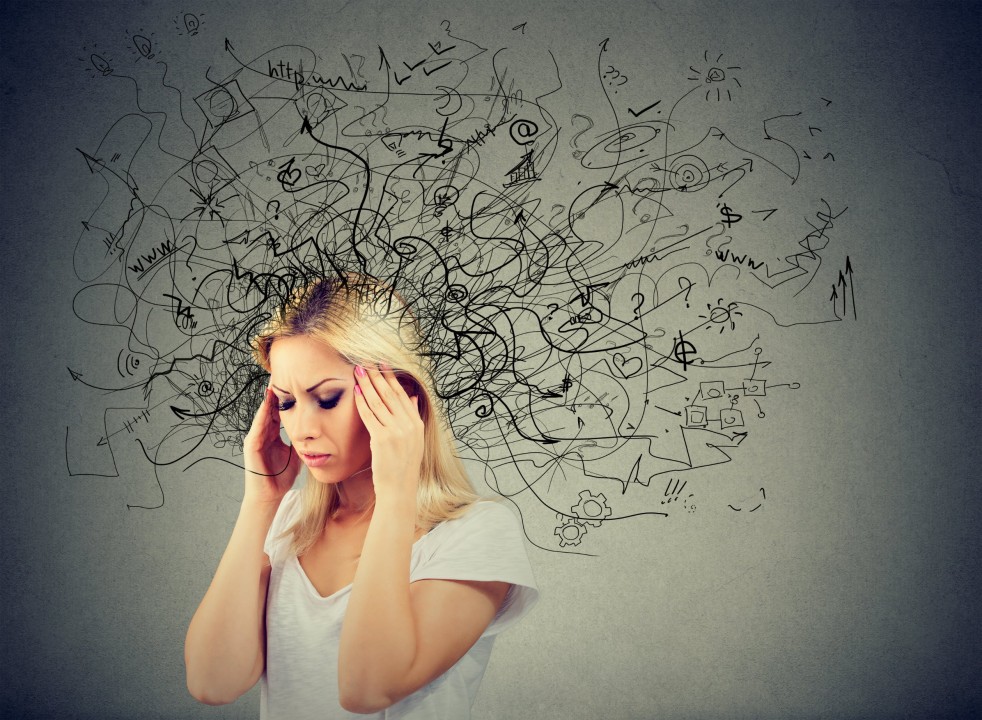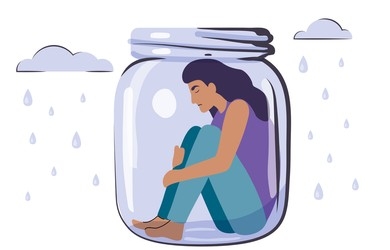How Anxiety Affects Sleep and What You Can Do About It
Author : Dr Tulika | 22 Jul 2025
Sleep is supposed to be a time of peace and recovery, but for many, it can turn into a battleground of racing thoughts and endless worry. If you find yourself lying awake, tangled in fears about tomorrow or haunted by anxiety, you’re not alone. Sleep anxiety, a form of anxiety that arises in the evening or during bedtime, can rob you of rest and leave you feeling exhausted and overwhelmed the next day. But why does anxiety seem to spike at night, and what can we do about it? Let’s read more

What Triggers Anxiety During Sleep?
One of the biggest culprits behind nighttime anxiety is the quiet and stillness that comes when the day ends. During the day, we are often busy with work, chores, or other activities that keep our minds occupied. But as soon as our head hits the pillow, that silence becomes a breeding ground for worries to creep in. Financial concerns, relationship tensions, or even looming deadlines can feel more intense when we’re left alone with our thoughts. The brain, which is wired to solve problems, kicks into overdrive, trying to work through everything before we sleep. This can lead to restless nights as we toss and turn, unable to switch off. There’s also the biological factor—our body’s fight-or-flight response. Anxiety triggers this reaction, and when you’re lying in bed, unable to run from the perceived ‘danger,’ it manifests in a racing heart, shallow breathing, and a mind that won’t quit.
Can You Develop Sleep Anxiety from Chronic Insomnia?
The relationship between sleep anxiety and insomnia is a vicious cycle. Chronic insomnia, the inability to sleep even when you’re physically tired, can indeed lead to sleep anxiety. When you’ve had multiple nights of poor sleep, you start to dread bedtime. The fear of not sleeping becomes so overwhelming that your body anticipates the struggle, increasing your anxiety levels. This preemptive worrying about whether you’ll be able to fall asleep or stay asleep can make sleep feel like a daunting task. The more you fret, the harder it becomes to relax, creating a negative feedback loop that makes sleep elusive.
What Can You Do to Reduce Anxiety in the Evenings?
Here’s the good news: there are several techniques you can use to ease that nighttime anxiety. Small, simple habits can create a significant shift in how you approach sleep.
1. Unplug early: Reduce screen time at least an hour before bed. The blue light from phones, tablets, and laptops can interfere with your body’s natural melatonin production, making it harder to fall asleep. Instead, try reading a book, journaling, or listening to calming music to wind down.
2. Create a soothing environment: Dim lighting and a cool, comfortable room can signal to your body that it’s time to rest. Aromatherapy with lavender or chamomile can also help create a calming atmosphere.
3. Mindfulness practices: Deep breathing, meditation, or progressive muscle relaxation can be your allies in combatting nighttime anxiety. These practices teach you how to slow down your racing thoughts and anchor yourself in the present moment, breaking the cycle of worry.
4. Limit stimulants: Avoid caffeine, nicotine, and heavy meals close to bedtime. These stimulants can heighten your anxiety and make it harder for your body to relax when it’s time to sleep.
5. Establish a routine: Our bodies love consistency, so try to go to bed and wake up at the same time every day, even on weekends. Having a bedtime ritual—like reading, drinking herbal tea, or doing a few minutes of gentle yoga—helps signal to your brain that it’s time to sleep.
Can Sleep Anxiety Cause Nightmares?
Yes, sleep anxiety can indeed lead to nightmares. When you go to bed anxious, your brain doesn’t completely shut off. Anxiety can affect the quality of your REM sleep, the stage in which dreaming occurs. This can lead to vivid, unsettling dreams, or even nightmares. The body’s fight-or-flight response, triggered by anxiety, can carry over into your dreams, manifesting as scary or distressing scenarios. It’s as if your brain is trying to process your worries in the form of nightmares, further compounding the cycle of poor sleep and increased anxiety. Waking up from a nightmare can make it even harder to fall back asleep, reinforcing the association between bedtime and fear.
Simple Bedtime Rituals to Reduce Anxiety
Incorporating calming rituals into your evening can have a profound effect on reducing sleep anxiety. These rituals work by providing structure and predictability, helping your brain associate certain activities with rest and relaxation. Here are a few practices that could make a world of difference:
1. Gratitude journaling: Instead of letting your mind focus on everything that went wrong or could go wrong, take a few minutes to jot down things you’re grateful for. This simple act can shift your mindset and reduce negative thinking before bed.
2. Gentle stretching or yoga: A few minutes of light stretching or yoga can help release the tension stored in your muscles from the day. Focus on your breathing as you stretch, letting go of any stress with each exhale.
3. Guided meditation or sleep stories: Apps like Calm or Headspace offer guided meditations or soothing bedtime stories. These are designed to help you relax and quiet your mind, making it easier to drift off to sleep.
Breaking the Cycle: Managing Sleep Anxiety Long Term
Addressing sleep anxiety is about patience and persistence. It’s crucial to give yourself time and be gentle with your progress. Reducing anxiety during the evenings involves shifting both your mindset and your habits, so consistency is key.
If sleep anxiety persists or worsens, it may be helpful to consult a therapist. Cognitive Behavioral Therapy for Insomnia (CBT-I) is an effective approach that targets the thoughts and behaviors that contribute to sleep anxiety, helping you rebuild a healthy relationship with sleep.
The path to restful nights is within reach. By understanding your triggers and adopting soothing rituals, you can reclaim the peace of mind needed for sleep. And as your sleep improves, so too will your ability to manage anxiety during the day, creating a positive feedback loop for your overall well-being.
Remember, sleep is not the enemy—anxiety is. By mastering it, you’ll find rest comes much more easily.






